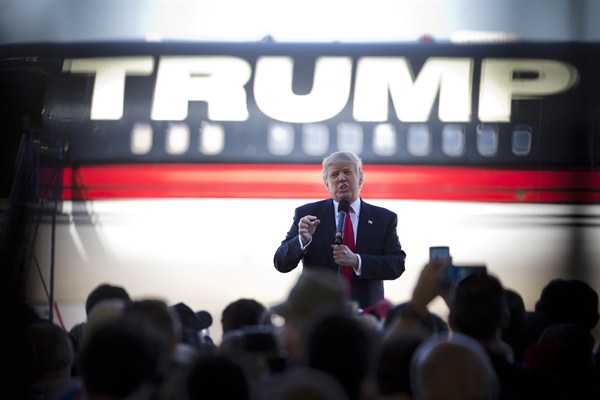When U.S. voters chose Donald Trump to be their president, they entrusted him among other things to handle what two months ago I characterized as the top three threats that currently require international cooperation: climate change, nuclear proliferation and terrorism. Expect the new president to sound a lot different on these issues than President Barack Obama. On terrorism and preventing the spread of nuclear weapons, the changes may be more rhetorical than real. On climate change, if the U.S. walks away from its leadership role, the consequences will be grave.
As a candidate, Trump expressed strong views on each of these topics, in ways that could weaken or even unravel achievements of the Obama presidency. It’s important to parse carefully where the new administration might be persuaded to pursue a more moderate course, and where ideology will prevail.
Over the course of his presidency, Obama came to the view that climate change was a major, if not the transcendent challenge for national and global security. He became a global leader, working with major powers and key emitters of greenhouse gases to build consensus on climate change objectives. At the 2009 climate change summit in Copenhagen, the president and then-Secretary of State Hillary Clinton cajoled the Chinese into supporting international guidelines and agreements. In December 2015, the Paris agreement set new expectations for global compliance with vital climate change measures. That agreement came into force earlier this month, much faster than expected, when the required 55 states representing at least 55 percent of global greenhouse gas emissions ratified the deal. U.S. leadership was critical to the success of the process, and progress on climate change will be an important part of Obama’s legacy.

